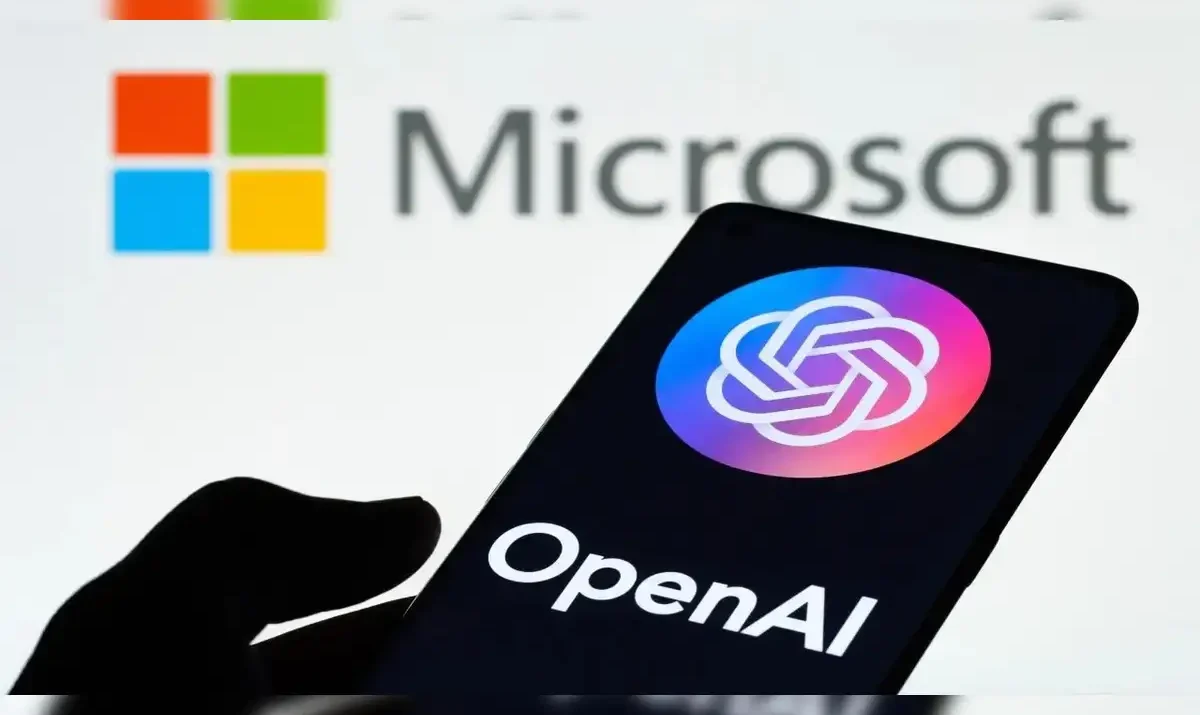OpenAI has completed its much-anticipated transition to a for-profit structure, awarding longtime partner Microsoft Corp. a 27% ownership stake in the newly reorganized company — a stake valued at approximately $135 billion, both firms confirmed Tuesday.
The deal removes longstanding uncertainty surrounding OpenAI’s corporate structure and cements Microsoft’s role as the company’s dominant commercial backer, giving it access to OpenAI’s most advanced AI models through 2032, including future artificial general intelligence (AGI) systems.
OpenAI’s Structural Shift: Non-Profit to For-Profit
Under the new structure:
- The non-profit entity, now named the OpenAI Foundation, will retain an equity stake worth $130 billion, which it says will be used to fund philanthropic AI efforts.
- OpenAI will operate as a for-profit company, with the recapitalization hailed as maintaining “the strongest representation of mission-focused governance in the industry.”
This transformation follows nearly a year of negotiations involving regulators in both Delaware (OpenAI’s place of incorporation) and California, where it is headquartered.
“The more OpenAI succeeds as a company, the more the non-profit’s equity stake will be worth,” OpenAI said in a blog post. “That money will be used to advance our charitable work.”
Microsoft Deal Details
Microsoft, which first invested in OpenAI in 2019, will retain:
- Rights to OpenAI’s models and technology until 2032, including those that reach AGI status.
- Intellectual property rights linked to product development and deployment, with contractual protections tied to AGI breakthroughs.
Previously, OpenAI reserved the right for its own board to declare when AGI had been reached, which would have ended Microsoft’s access. The updated agreement introduces a third-party expert panel to verify any AGI declaration.
Microsoft shares rose as much as 4% following the announcement, pushing its market cap past $4 trillion.
AGI Clause Explained
- If AGI is verified before 2030, Microsoft’s access may end at that point.
- If no AGI is confirmed by then, Microsoft retains access through 2032.
The provision underscores the long-term significance both companies place on next-generation AI models that could surpass human performance in economically valuable tasks.
IPO on the Horizon?
While OpenAI has not officially confirmed plans for an Initial Public Offering (IPO), this restructuring and formal valuation may lay the groundwork for a future public market debut.
“The agreement represents a critical turning point in OpenAI’s commercial trajectory,” said one tech analyst. “It formalizes a structure that could lead to an IPO and opens up clearer lines for long-term revenue sharing.
Related: Morning Market Bid: Stocks Hold Ground After Record Highs; Big Tech, Fed in Focus










